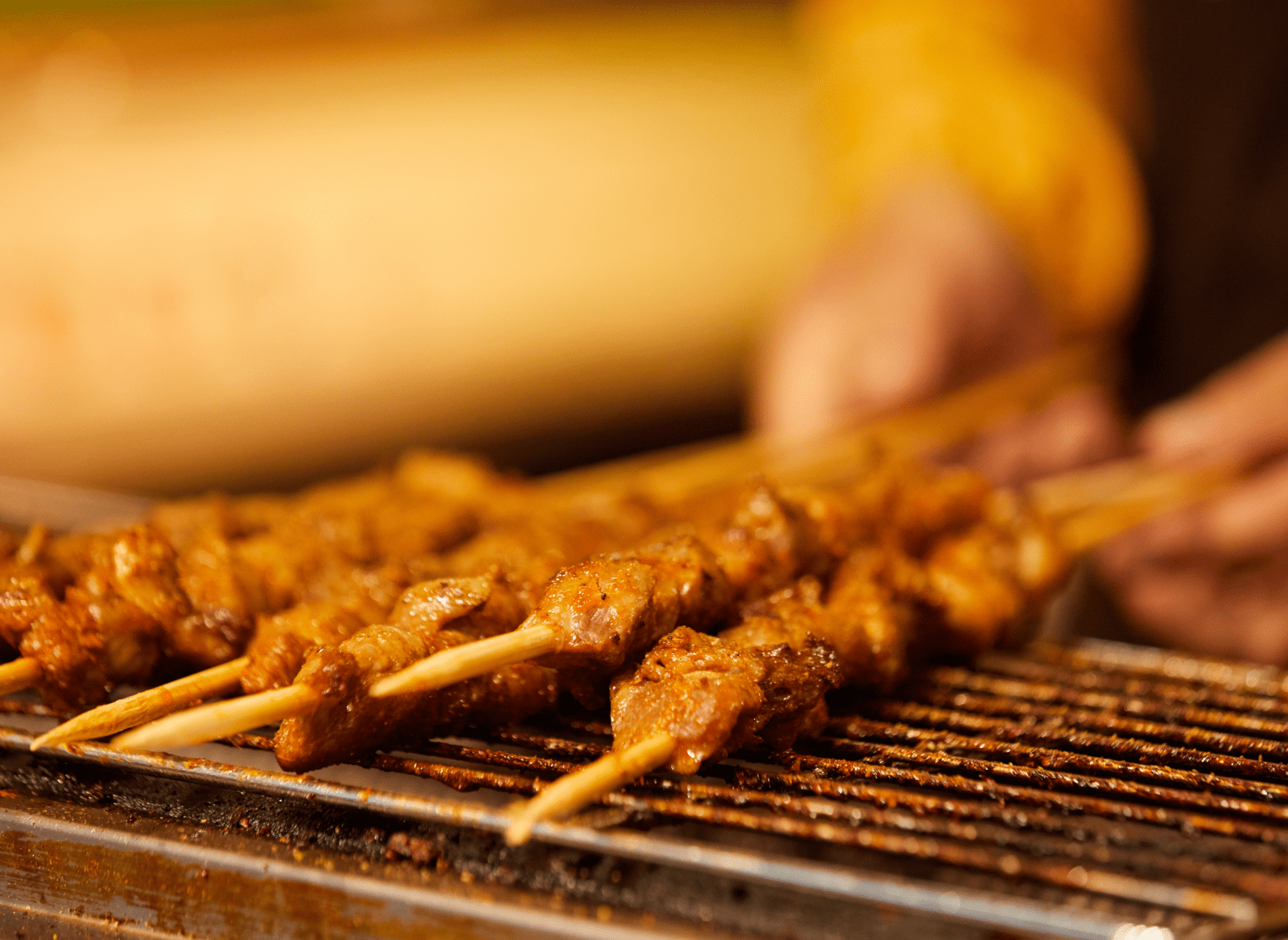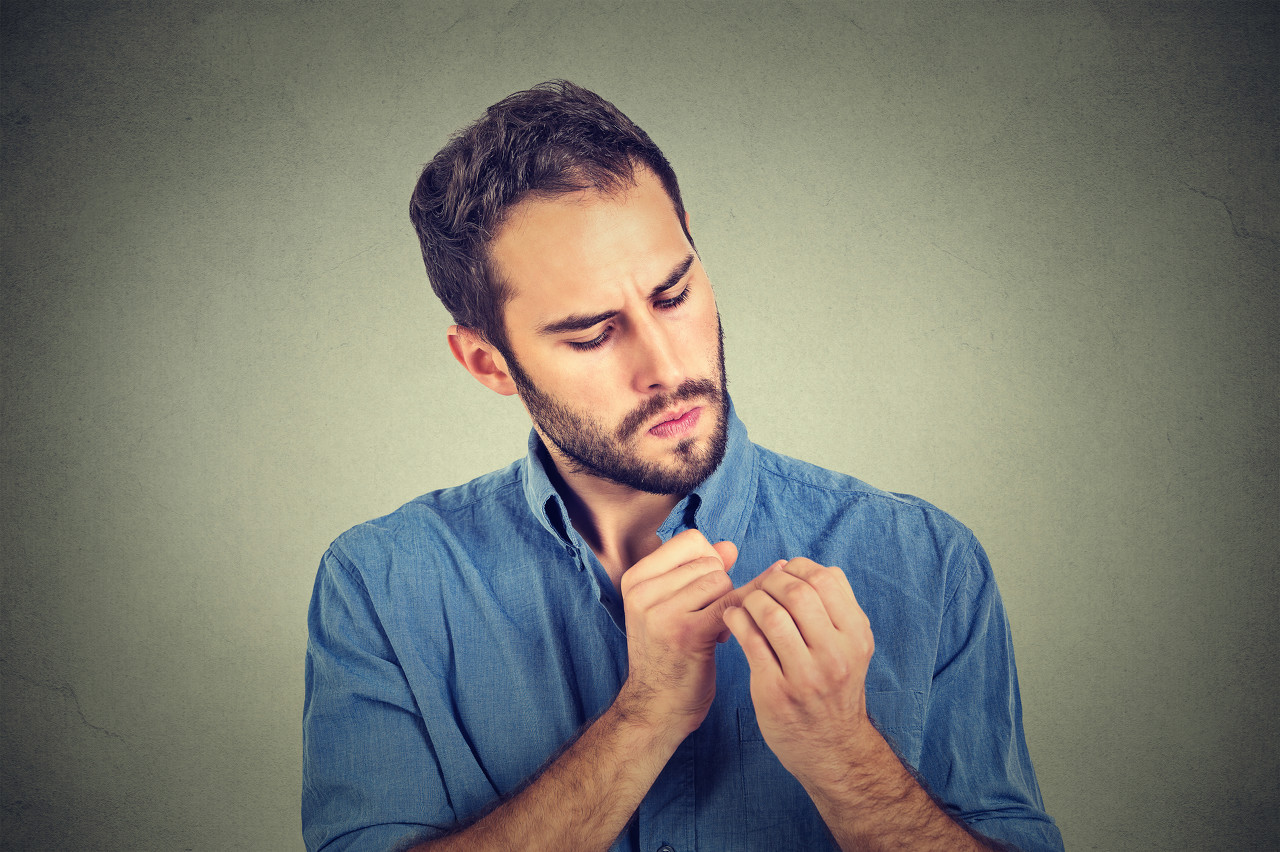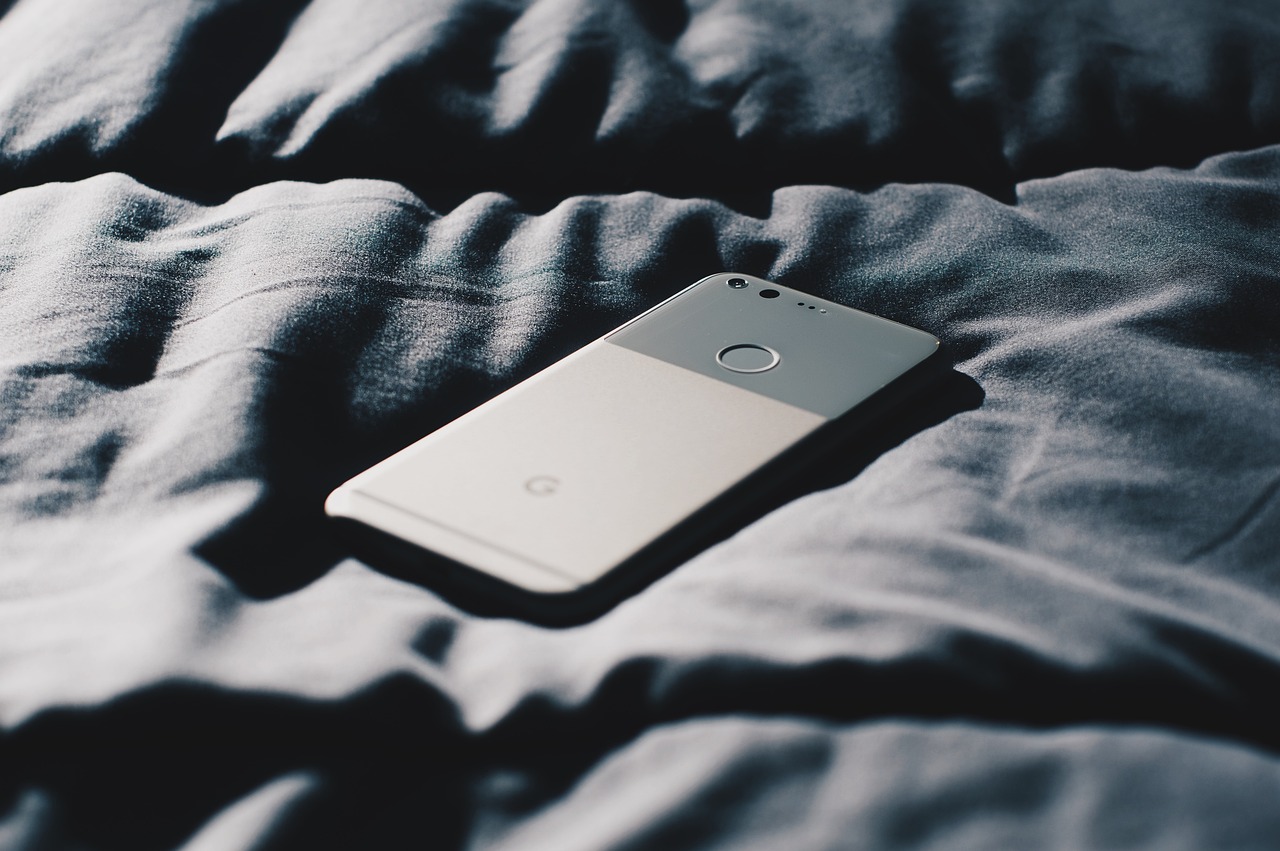A colonoscopy is a procedure in which a probe is inserted into the colon to check for polyps or growths that may lead to cancer. This is important in preventing cancer. Everyone finds this kind of exam unpleasant, but if you prepare properly you can pass it without having to start all over again. Read this article to learn how to prepare for a colonoscopy.
Know What to Expect in Advance
Understand the purpose of a colonoscopy. The best technique to check for cancer or precancerous growths called polyps in the colon is a colonoscopy. Early detection can help patients get the treatment they need and prevent the disease from progressing to the next stage. The American Cancer Society recommends that people over 50 need a colonoscopy every ten years. People at risk for colon cancer should get tested frequently. These people include:
- People with a history of colon cancer or polyps.
- People with a family history of colon cancer.
- People with a history of inflammatory bowel disease (IBS) or Crohn’s disease.
- People with a family history of familial adenomatous polyposis (FAP) or hereditary nonpolyposis colorectal cancer (HNPCC).
Be familiar with the operation process. Begin with a rectal exam, during which the doctor examines the area around the anus and rectum. A long, thin colonoscope probe is inserted into the colon through the anus. The probe has a tiny camera on the end that provides images of the colon, showing the presence of polyps or other things.
- To ensure that the camera can take clear images of the colon, the colon must be empty during the procedure. This means the patient cannot eat solid food the day before.
- Often doctors give patients medications to help them relax and unwind. Many people will not remember the procedure when they wake up. The entire process usually lasts about 30 minutes.
Prepare it the right way. When you first discuss colonoscopy with your doctor, your doctor will give you some advice on how to prepare your body. Your doctor will tell you not to eat solid food and when and how much water you should drink. It is very important to follow these instructions to ensure that your colon is clean on the day of the procedure. Otherwise, the camera won’t get a clear view of your colon—which means you’ll need to do it all over again another day.
- Snacks may even fail the test. The day before the test will be long, but it will pass eventually and the test will go quickly.
- Eating smaller meals a week in advance will help you prepare.
Please check the medication process. Patients must stop taking certain medications the day or days before the test. It’s important to ask your doctor about any medications you should take before your test. In some cases, you may need to continue taking the medication, but some doctors may advise you to stop taking it. Nutritional supplements may also interfere with the test. Talk to your doctor if you are taking the following medications or supplements:
- Anti-inflammatories
- Blood thinner medications
- Aspirin
- Diabetes medications
- Antihypertensive drugs
- Fish oil supplements
Prepare for the day of the inspection. Colonoscopies are usually scheduled in the morning. Block other schedules so you have time to prepare for testing. Because your doctor may give you medicine to help you relax, you may be too drowsy to drive home, so consider asking someone to drive you home. You may need to take a full day off, or at least schedule an hour or two to rest.
Prepare the Day before the Test
Consume only clear liquids. This is the only thing you can eat the day before your colonoscopy. A newspaper would be considered transparent if you could read it through the liquid. Clear liquids include:
- Water
- Pulpless Apple Juice
- Tea or coffee without milk
- Clean, clear chicken or vegetable broth
- Soda
- Clear sports drink
- Soup flavored gelatin
- Popsicle
- Hard candy
- Honey
Do not eat solids or opaque liquids. Any liquids containing fruit pulp or dairy products, and almost all solid foods, should be avoided. Do not eat or drink the following foods:
- Opaque orange juice, pineapple juice, or any other juice
- Dairy products such as milk, milkshakes, cheese, etc.
- Smoothies
- Soup with chunks of food
- Cereals
- Meat
- Vegetable
- Fruit
Drink at least 4 glasses of clear liquid with each meal. The day before your test, breakfast, lunch, and dinner should all include at least four 8- to 10-ounce (240-300g) glasses of clear liquid.
- For breakfast you can drink two cups of coffee without milk, one cup of apple juice, and two cups of water.
- For lunch, have a sports drink, a cup of broth, and two glasses of water.
- You can snack on clear hard candies, popsicles, or jelly.
- You can have a cup of tea, a cup of vegetable soup, and two cups of water for dinner.
Take the prepared medicine. Your doctor should prescribe you a medication to take at 6 pm the night before the test. This medication helps clean out your colon. Sometimes doctors will split the medicine, which means taking half the night before the test and half the next day. Follow your doctor’s instructions and take the medicine according to the instructions for use. When you take the drug, your stool will feel like the clear liquid you swallowed—just like you imagined.
- If your stool still looks brown and dark, the medicine hasn’t started working yet.
- If it’s tan or orange and clear, it’s working.
- Your bowel prep is complete and you’re ready when your stool looks clear and clear like urine.
The Day of the Test
Drink a clear liquid for breakfast. Do not eat solid food the morning of the test. Drink water, apple juice, tea or black coffee in the morning.
If needed, take another portion of your bowel prep pill. If your doctor tells you to take the medicine in two parts, you will need to take the remaining medicine the morning of the test. Follow directions carefully.
Drink twice as much sports drink before the test. Drink two 8- to 10-ounce (240-300g) sports drinks before the test and to prepare for your colonoscopy.
Eat normally after the test. After this day you can eat whatever you want.
Tips
- After taking laxatives, your stool will be solid at first, but over time, it will become thinner and completely liquid.
- Drink plenty of water and apple cider vinegar before you start so you don’t become dehydrated.
- Before the test, your doctor will tell you that blood-thinning medications and iron supplements (including multivitamins containing iron) are not to be taken.




